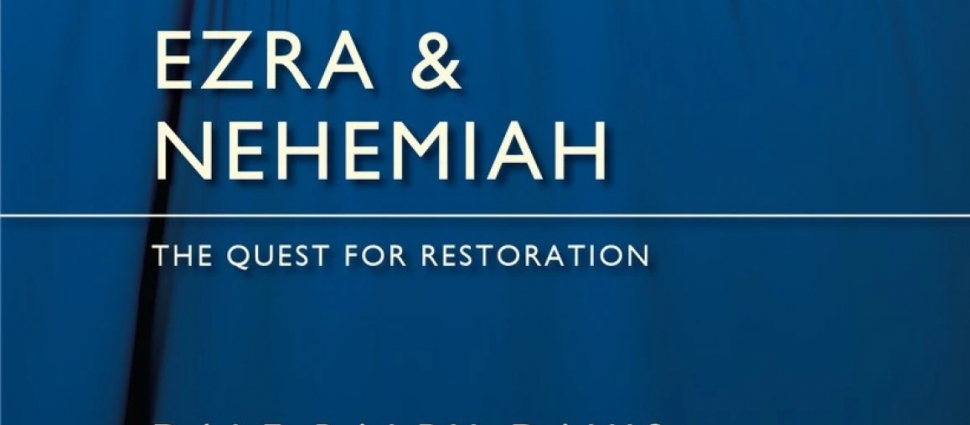Ezra & Nehemiah: An excerpt from Dale Ralph Davis's New Commentary

A (Brief) Theology of the Sabbath
By Dale Ralph Davis
From ‘Is Reformation Really Possible? Or: The Ongoing Perils of the Church (Nehemiah 13:4-31) in Ezra & Nehemiah: The Quest for Restoration, Focus on the Bible (Fearn: Christian Focus, 2025), pp 195-97.
A bit about the background and theology of the sabbath. This will likely make some readers angry, others disappointed, and still others thinking there is need for more depth. I realize there are debates about linking the sabbath and ‘the Lord’s Day,’ and that there are some who likely regard the sabbath as more of a ceremonial affair for Israel. However, I cannot escape the fact that the sabbath idea seems written into creation (Gen. 2:1-3) and was a ‘live’ matter even before Sinai (cf. Exod. 16).
Exodus 31:12-17 indicates (especially verses 13 and 17) that the sabbath is a ‘sign.’ It marked Israel out as unique, for other peoples did not have the sabbath. Strangely, perhaps in reaction to later scribal details and legalism, there is often a negative view of the sabbath in the contemporary church. Even evangelicalism, though holding a kind of tolerance for the sabbath, has more interest in bolstering the case for why we don’t need to adhere to the fourth commandment. For some, there are only nine commandments.
But note Exodus 20:8-11. The sabbath is a gift because God’s people shabat on it, they stop work (Exod. 34:21). Only a free people does that. Only a free people can do that. In Egypt they dare not have stopped work! But when Yahweh frees from bondage he enables them to cease from incessant work. Every week! The sabbath is a sign of grace and freedom, not of bondage. Slaves work all the time, but free people have the liberty of rest – including servants and livestock and sojourners! Here is the social benefit of the commandment. So when you insist on cluttering the sabbath with work …
- It is a failure of faith, because by your working and not ‘stopping,’ you are saying that you cannot trust Yahweh to provide for you but must keep working because all your life rests on your efforts.
- It is a failure of compassion, because then your dependents (family, servants, livestock) will not enjoy rest. See Deuteronomy 5:14 for this social argument.
- It is a choice of bondage, for you are deifying work, subjecting yourself to a continuous treadmill which Yahweh meant to interrupt weekly. But you are saying, ‘No, I want to be a slave, I want to return to Egypt; I want to run, frustrated and exhausted, to Walmart and Target, to the grocery store and pharmacy, on the Lord’s Day. I want to pay bills then, I want to complete seminary assignments then, I want to wash my car and mow my lawn and work on my income tax and go to the car dealership – I want to be a slave! I do not want rest or quietness or solitude – I might meet God.’
Yahweh’s pattern is: work six days and stop. It is a way of saying that work is not god. These principles remain for the people of God, even though our culture and government is non- covenantal and pays no attention to them.




